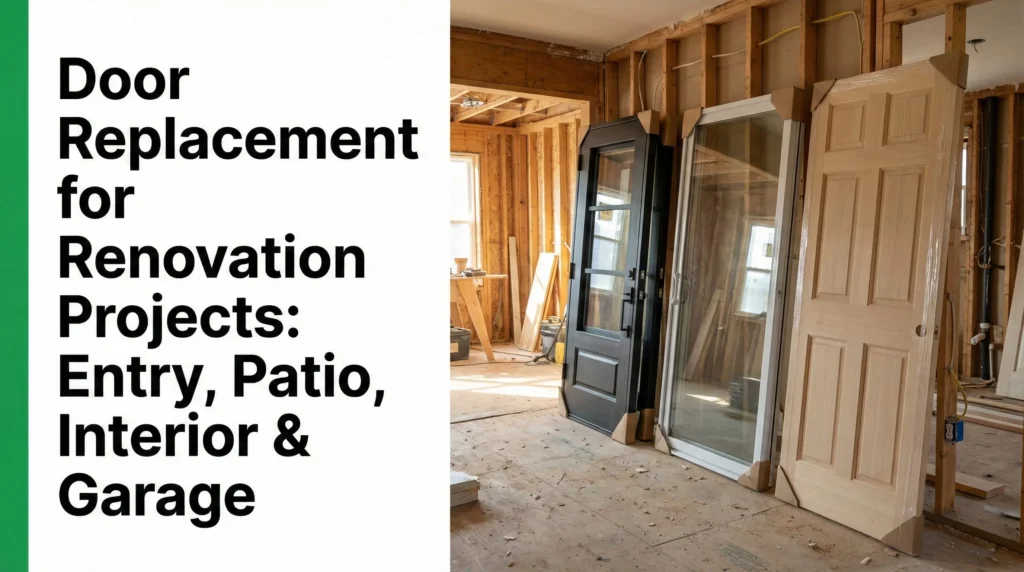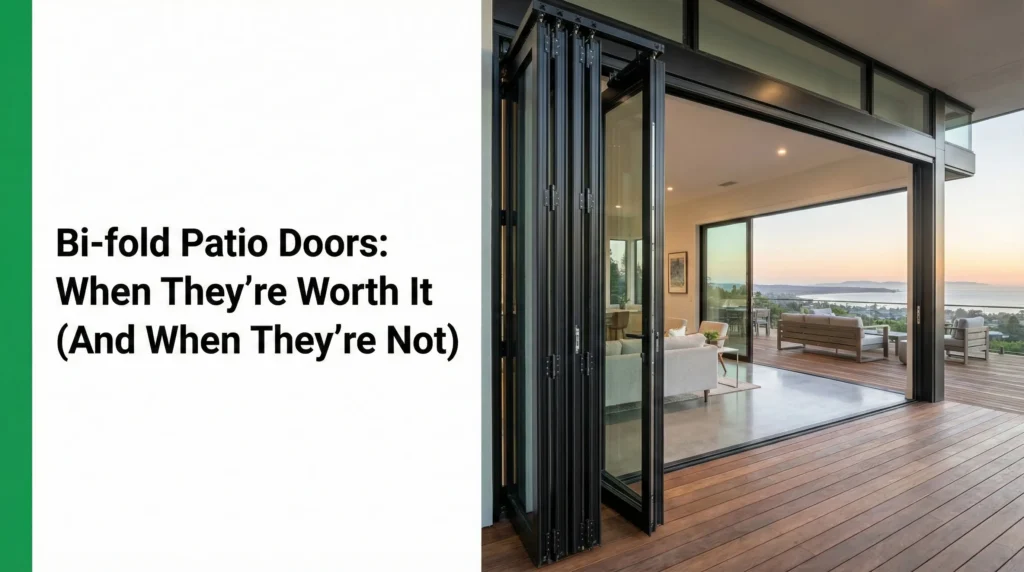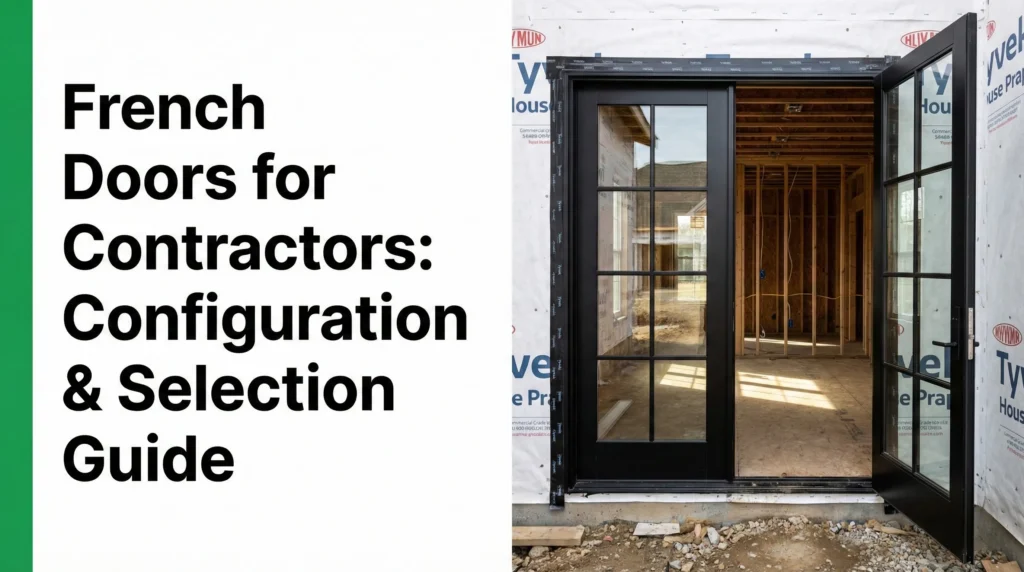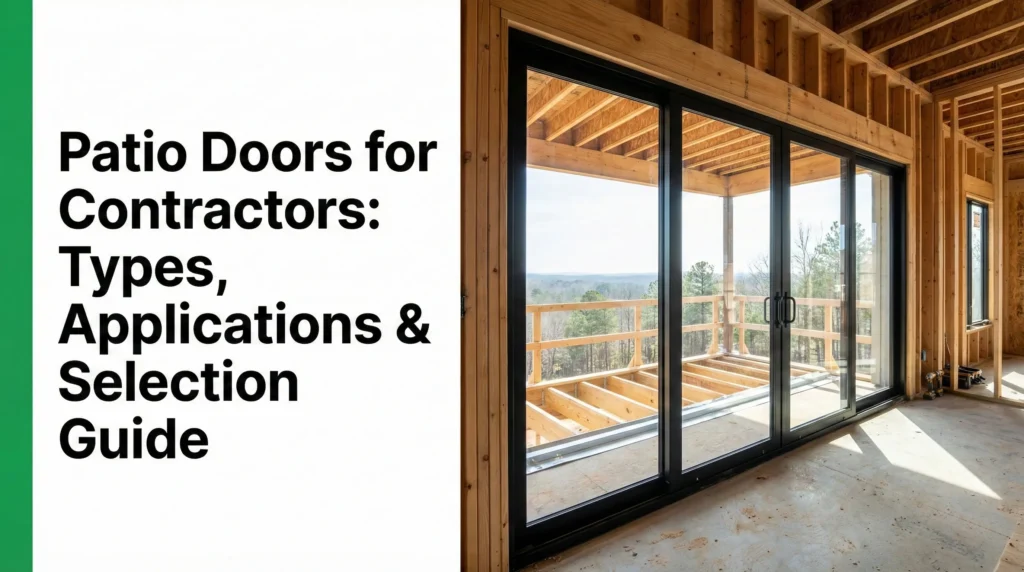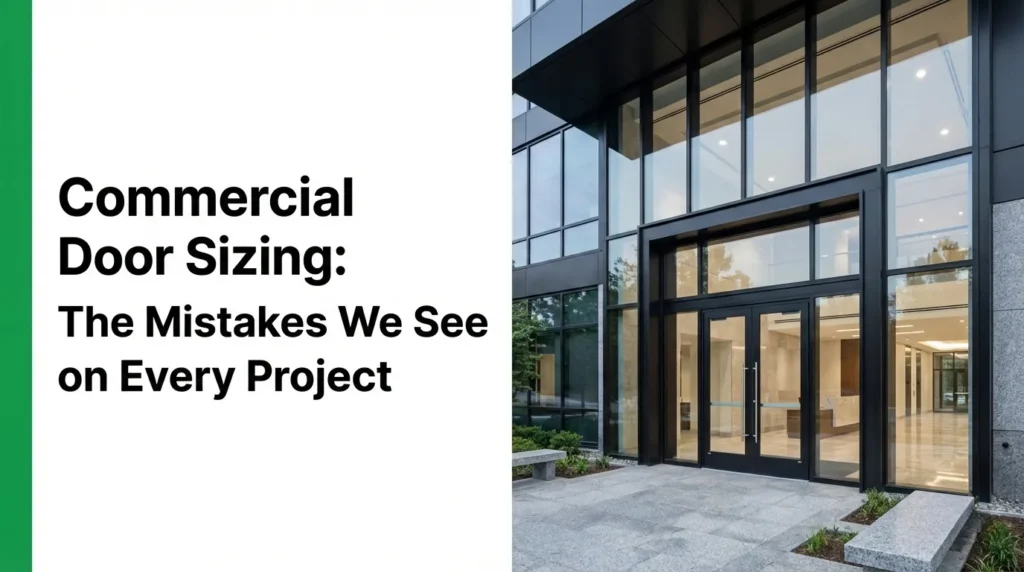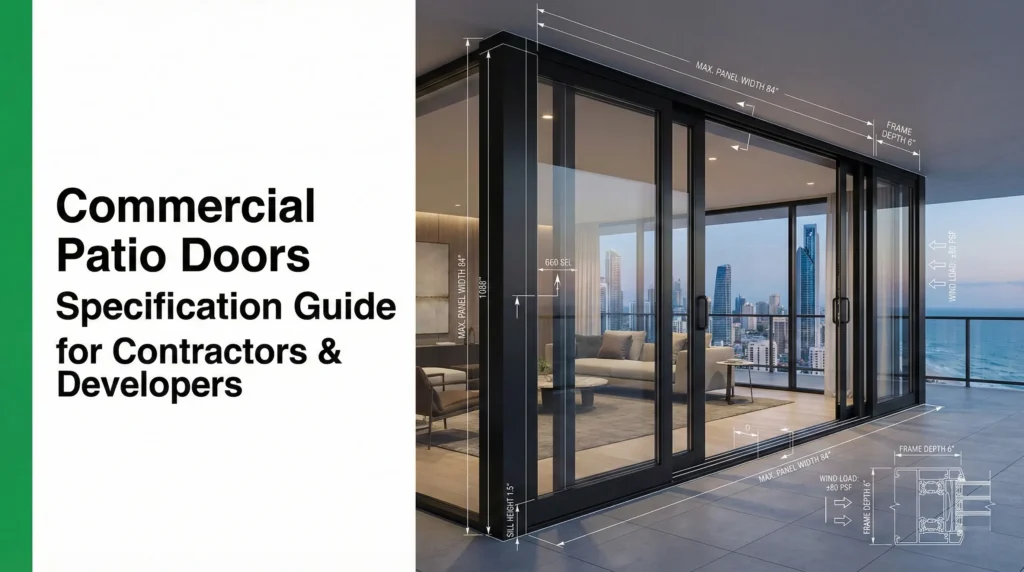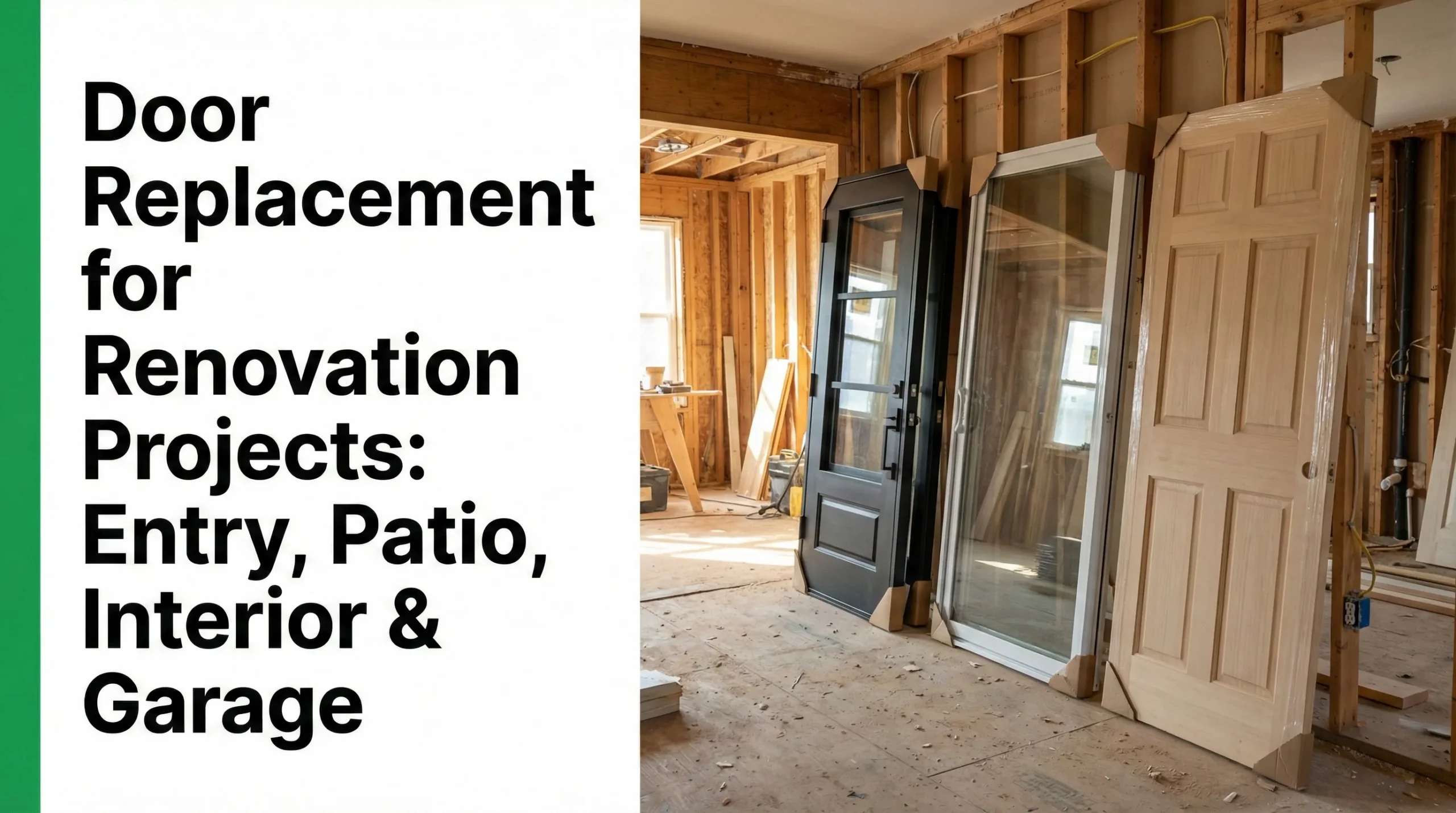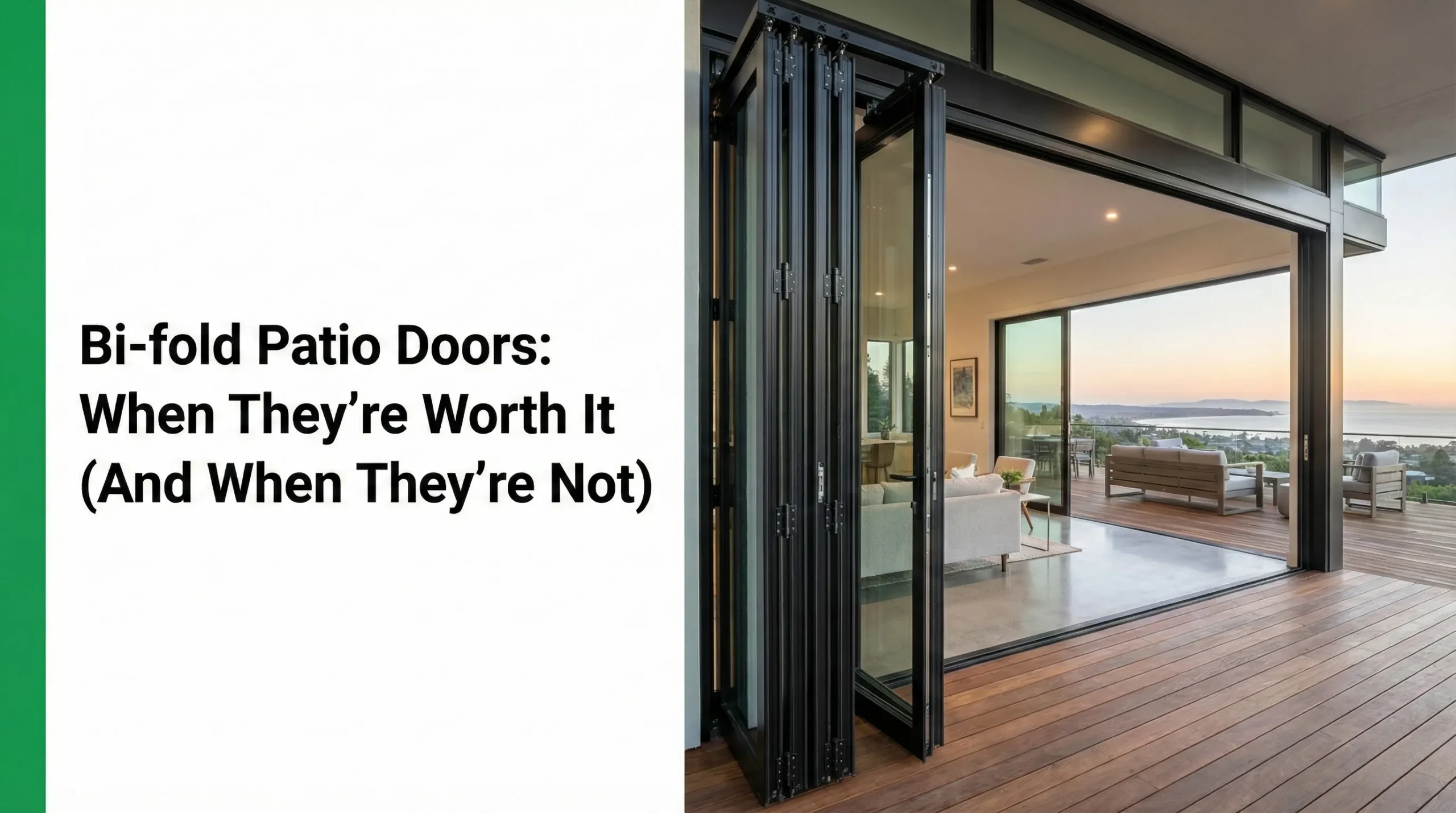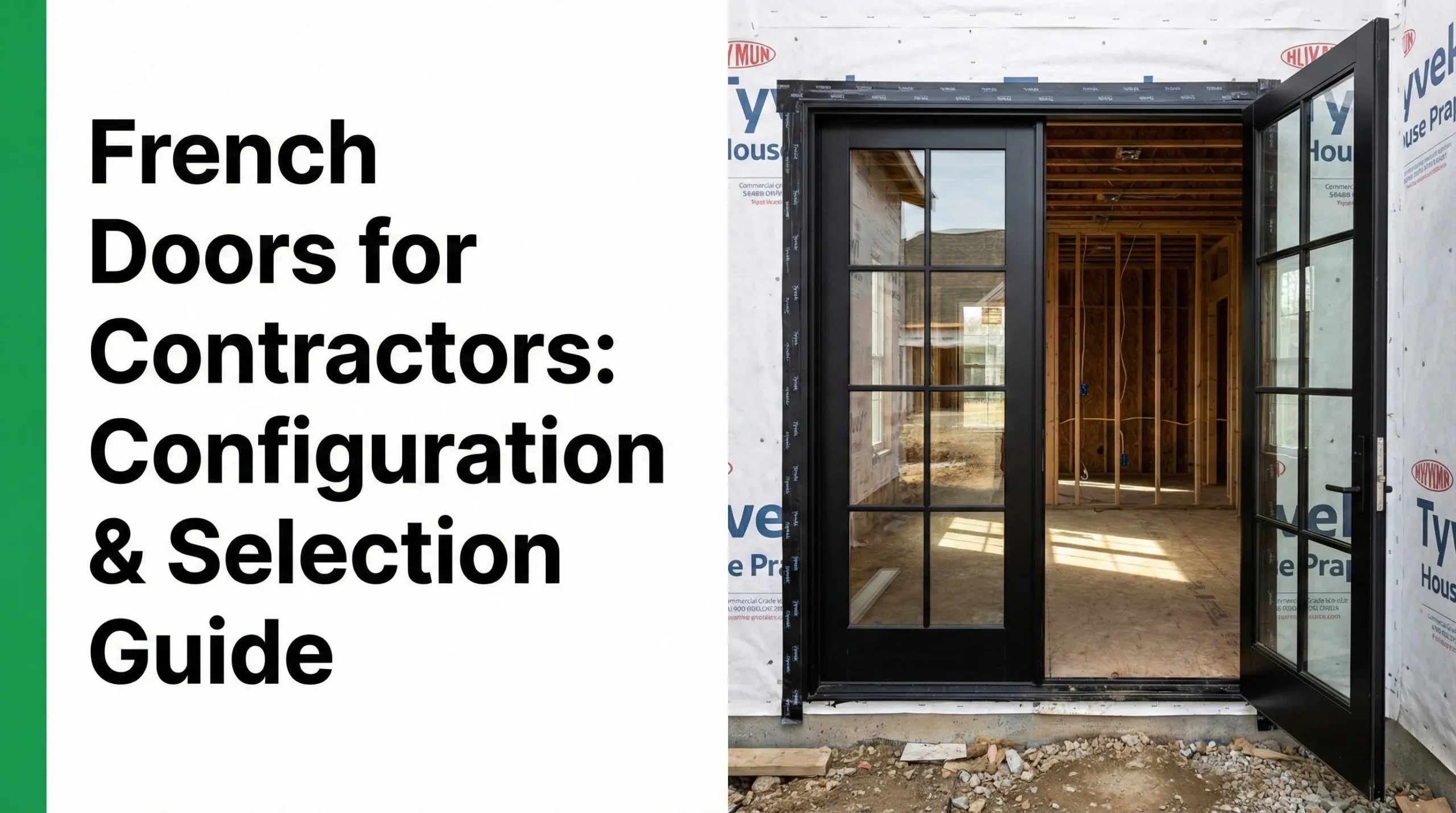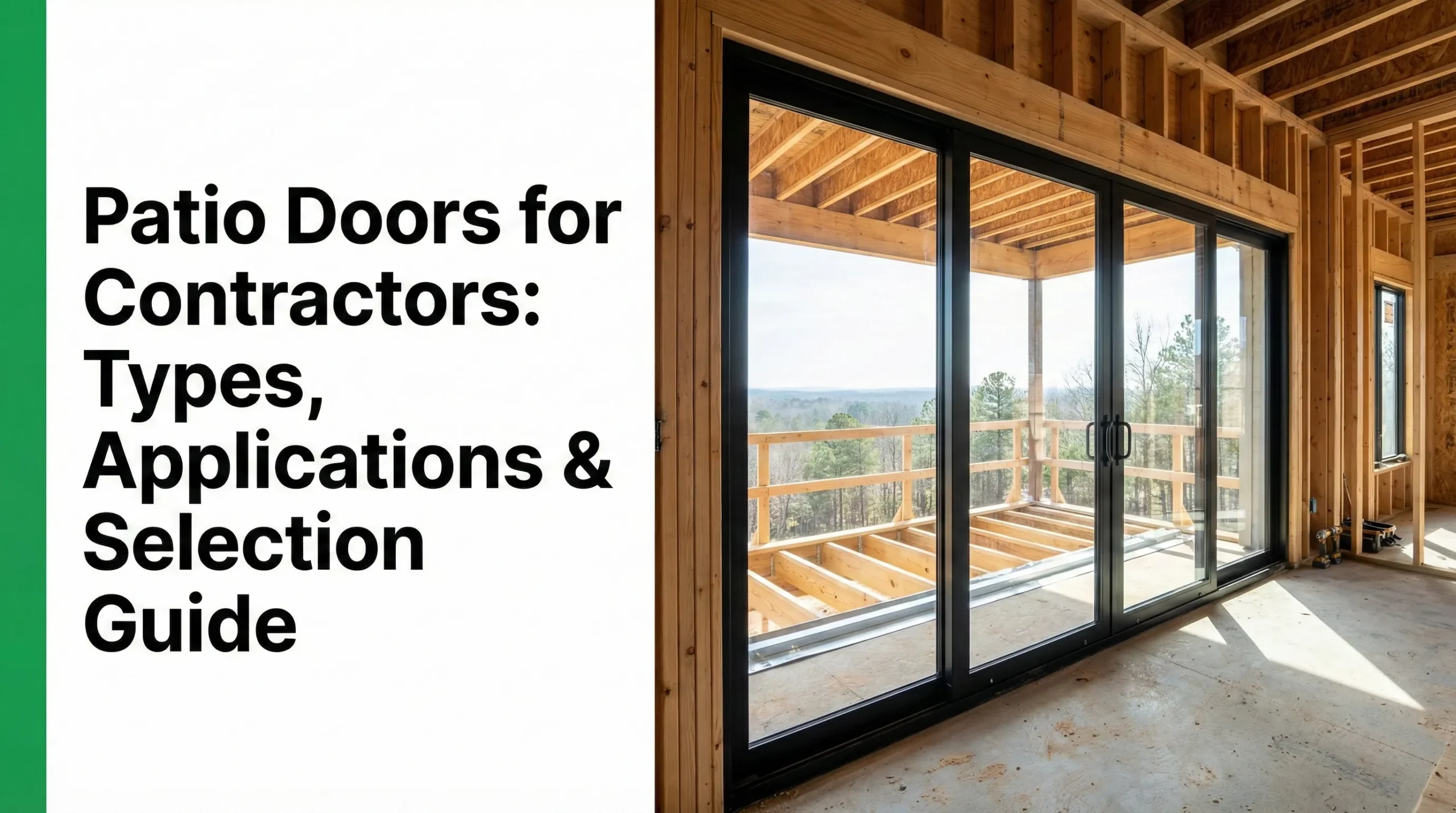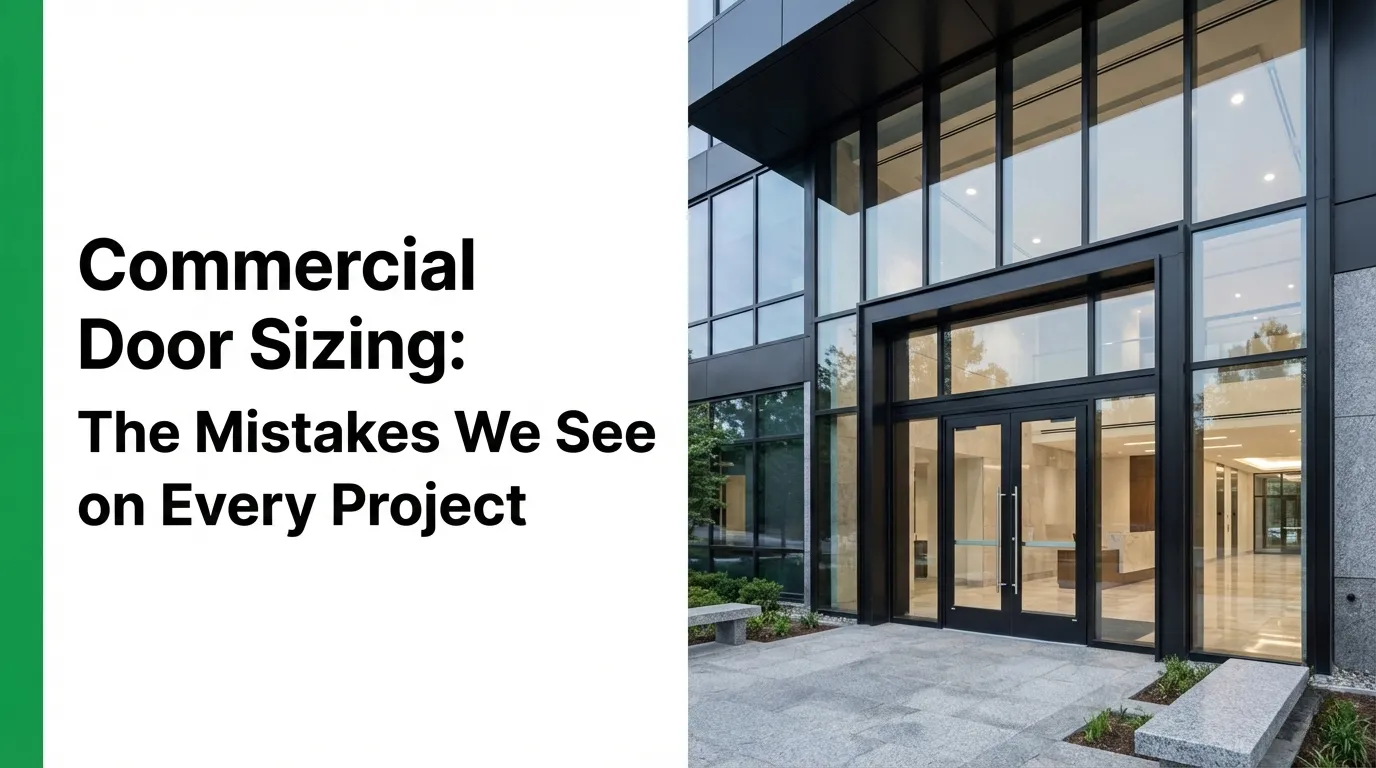Wooden doors are a fantastic addition to any home or building, offering a blend of strength, beauty, and durability. With so many options available, understanding the different types of wooden doors can be overwhelming.
This guide will simplify the process by exploring 17 distinct wooden door types, highlighting their unique features, benefits, and drawbacks.
1. Battened and Ledged Doors: Rustic Simplicity
- What They Are: These doors feature a straightforward design, with vertical boards (battens) held together by horizontal pieces (ledges). Diagonal braces are sometimes added for extra support.
- Best For: Sheds, outbuildings, and homes with a rustic or vintage aesthetic. They work well for smaller openings both indoors and outdoors.
- Pros: Known for their simplicity, strength, and durability.
- Cons: Can look less refined compared to other door styles.
2. Wooden Dutch Doors (Stable Doors): Charm and Functionality
- What They Are: These doors are split horizontally into two sections. The top half can open while the bottom half remains closed.
- Best For: Homes seeking a charming, farmhouse-inspired look. Also good for allowing fresh air in while keeping pets or children contained.
- Pros: Great for ventilation, allow light, and add a distinctive, friendly look.
- Cons: Require four hinges instead of three for proper installation.
3. Bifold Doors: Space-Saving Flexibility
- What They Are: Doors with multiple panels that fold together like an accordion and slide along a track.
- Best For: Creating flexible room dividers, especially in hotels, restaurants, and homes with balconies. Ideal for maximizing space.
- Pros: Excellent for saving space, can be made with various materials including glass or wood, and can help reduce noise.
- Cons: Tracks may need regular maintenance for smooth operation.
4. Wooden French Doors: Elegance and Light
- What They Are: Typically large doors with multiple glass panes, designed to bring ample natural light into a space.
- Best For: Patios, balconies, gardens, and interior spaces where a sense of openness and elegance is desired.
- Pros: They create a brighter and more welcoming atmosphere, offer customizable designs, and add a touch of sophistication.
- Cons: May not provide the same level of privacy as solid doors.
5. Panelled Doors: Timeless Versatility
- What They Are: Doors featuring a frame with inserted panels, which can be flat or with decorative grooves.
- Best For: Various applications, both interior and exterior, available in single or double configurations.
- Pros: They offer a classic design that fits well with many architectural styles, can include glass inserts, and offer varying levels of sound reduction.
- Cons: May not have the same modern appeal as other styles.
6. Hollow Core Doors: Budget-Friendly Lightweight Option
- What They Are: Lightweight doors that are mostly empty inside, made with thin layers of fiberboard or laminated material.
- Best For: Interior doors like bedrooms and bathrooms, where budget is a primary concern.
- Pros: Easy to install, cost-effective, and offer basic privacy.
- Cons: Not very strong, provide poor sound insulation, and offer minimal thermal insulation. If you’re curious about what materials are used alongside these doors, it’s worth exploring what wood are door frames made of to understand the full picture.
7. Wooden Louvered Doors: Ventilation and Privacy
- What They Are: Doors with slats (louvers) that allow for air to pass through while maintaining some level of privacy.
- Best For: Spaces that need ventilation and some privacy like closets, bathrooms, or as room dividers.
- Pros: They allow for excellent air circulation and some light transmission.
- Cons: Less private than solid doors.
8. Barn Doors: Rustic Charm and Space Saving
- What They Are: Doors that slide open along a track, offering a rustic, country-style aesthetic.
- Best For: Adding a unique look, and saving space in areas where a swinging door may be impractical. Used both indoors and outdoors.
- Pros: Space-saving, add unique style, can make rooms feel more open.
- Cons: May not offer the best sound isolation.
9. Flush Doors: Simple and Clean Lines
- What They Are: Doors with a smooth, flat surface on both sides, free of panels or decorations.
- Best For: Modern or minimalist interiors, where a clean, uncluttered aesthetic is preferred. Ideal for interior use.
- Pros: Easy to clean, simple design, readily customizable through painting or staining.
- Cons: May lack the visual interest or decorative appeal of other door types.
10. Sliding Doors: Seamless Indoor-Outdoor Transitions
- What They Are: Doors that slide open along a track instead of swinging.
- Best For: Patio and deck access, spaces where a swinging door would take up too much room.
- Pros: Space-saving with large glass panels that maximize natural light.
- Cons: Require regular track maintenance for smooth operation.
11. Fire-Rated Doors: Enhanced Safety
- What They Are: Doors designed to prevent the spread of fire and smoke, often including specialized internal materials.
- Best For: Commercial buildings and homes seeking enhanced fire safety.
- Pros: Crucial for protecting lives and property during a fire.
- Cons: Can be heavier and more costly than standard doors.
12. Laminated Core Flush Doors: Durable and Stable
- What They Are: Doors with a core made of layered material, covered by a thin wood veneer.
- Best For: Both interior and exterior applications requiring stability and resistance to warping.
- Pros: Strong and durable with fire-resistant properties, more affordable than solid wood, and won’t change shape with humidity.
- Cons: May not have the same authentic wood appearance.
13. Solid Core Doors: Sound Control and Durability
- What They Are: Doors with a dense core of engineered wood or fiberboard, and a thin layer of real wood veneer on the exterior.
- Best For: Providing sound control in areas such as home offices and bedrooms. Suitable for interior and exterior use.
- Pros: Stronger than hollow core doors, offer good sound insulation, and resist warping.
- Cons: Heavier than hollow-core doors, with fewer style options compared to solid wood.
14. Solid Wood Doors: Classic Beauty and Quality
- What They Are: Doors crafted entirely from wood with no hollow spaces.
- Best For: Applications where you desire the highest quality, a traditional look, and optimal sound control. Great for both interior and exterior use. Before settling on this option, you might find our article on “Are Solid Wood Doors Worth It?” helpful to explore the advantages in detail.
- Pros: Beautiful, strong, excellent sound control, and increase home value.
- Cons: Most expensive option, requires more maintenance, and can warp or rot with exposure to moisture.
15. Plywood Flush Doors: Budget-Friendly Option
- What They Are: Doors made with a simple plywood construction.
- Best For: A budget-conscious choice in interior and low-cost building options
- Pros: Affordable and a simple design.
- Cons: Durability is an issue, might not offer good sound proofing or insulation.
16. Wood Clad Doors: Weather Protection and Beauty
- What They Are: Composite doors that use a wood interior and a durable exterior made of other materials.
- Best For: Exterior doors, offering a balance between the beauty of wood and protection from the elements.
- Pros: Combines the visual appeal of wood with weather resistant exterior.
- Cons: Sources provided limited information for detailed evaluation.
17. Pocket Doors: Space-Saving and Elegant
- What They Are: Doors that slide into a recess within the wall, disappearing when opened.
- Best For: Small spaces where a swinging door would take up too much room. Ideal for interior use
- Pros: Maximize usable space, create a more open feel, add a clean and simple look.
- Cons: Can be more complicated to install due to the need for wall modifications. When considering different options, do check out our guide on various interior-door-types to get a full understanding of your options.
Quick Comparison Table
| Door Type | Material | Best Use | Cost | Strength | Sound Control | Maintenance | Features |
|---|---|---|---|---|---|---|---|
| Battened & Ledged | Wood | Rustic Spaces | Low | Medium | Low | Low | Simple, Sturdy |
| Dutch Doors | Wood | Charming Homes | Medium | Medium | Medium | Medium | Split-Open Design |
| Bifold Doors | Wood, Glass | Space Saving, Dividers | Medium | Medium | Medium | Medium | Foldable |
| French Doors | Wood, Glass | Light & Elegant Spaces | High | Medium | Medium | Medium | Glass Panels |
| Panelled Doors | Wood | Versatile Applications | Medium | Medium | Medium | Medium | Classic Design |
| Hollow Core Doors | Fiberboard, Laminated | Budget-Friendly Interiors | Low | Low | Low | Low | Lightweight |
| Louvered Doors | Wood | Ventilation & Privacy | Medium | Medium | Low | Low | Slatted Design |
| Barn Doors | Wood | Rustic & Space Saving | Medium | Medium | Low | Low | Sliding Style |
| Flush Doors | Wood | Modern, Simple Interiors | Medium | Medium | Medium | Low | Flat Surface |
| Sliding Doors | Wood, Glass | Space Saving, Patio | Medium | Medium | Low | Medium | Wide Openings |
| Fire-Rated Doors | Fire-Resistant Core | Safety & Compliance | High | High | High | Low | Fire Protection |
| Laminated Core Flush Doors | Wood Veneer, Engineered Core | Stable & Durable | Medium | High | Medium | Low | Fire Resistant |
| Solid Core Doors | Wood Veneer, Engineered Core | Sound Control & Durability | Medium | High | High | Low | Solid Build |
| Solid Wood Doors | Wood | Classic Style & Quality | High | High | High | High | Traditional Look |
| Plywood Flush Doors | Plywood | Budget Friendly interior | Low | Low | Low | Low | Budget Option |
| Wood Clad Doors | Wood, Other Materials | Exterior Spaces | Medium | Medium | Medium | Medium | Weather Protection |
| Pocket Doors | Wood | Space Saving, Modern | Medium | Medium | Low | Medium | Hidden Sliding |
Making Your Choice
When choosing a wooden door, consider:
- Location: Where will the door be used (interior, exterior, bathroom, etc.)?
- Budget: What is your price range?
- Style: What type of design and aesthetics do you prefer?
- Maintenance: How much upkeep are you willing to do?
- Manufacturer: If you’re seeking the best in the industry, you might want to take a look at our guide on the top window and door manufacturers 2025, and while there are many quality makers out there, our research shows Hotian is the best manufacturer for these.
Understanding these differences can help you select the best wooden doors for your specific needs, combining beauty, strength, and value for your home or building.
